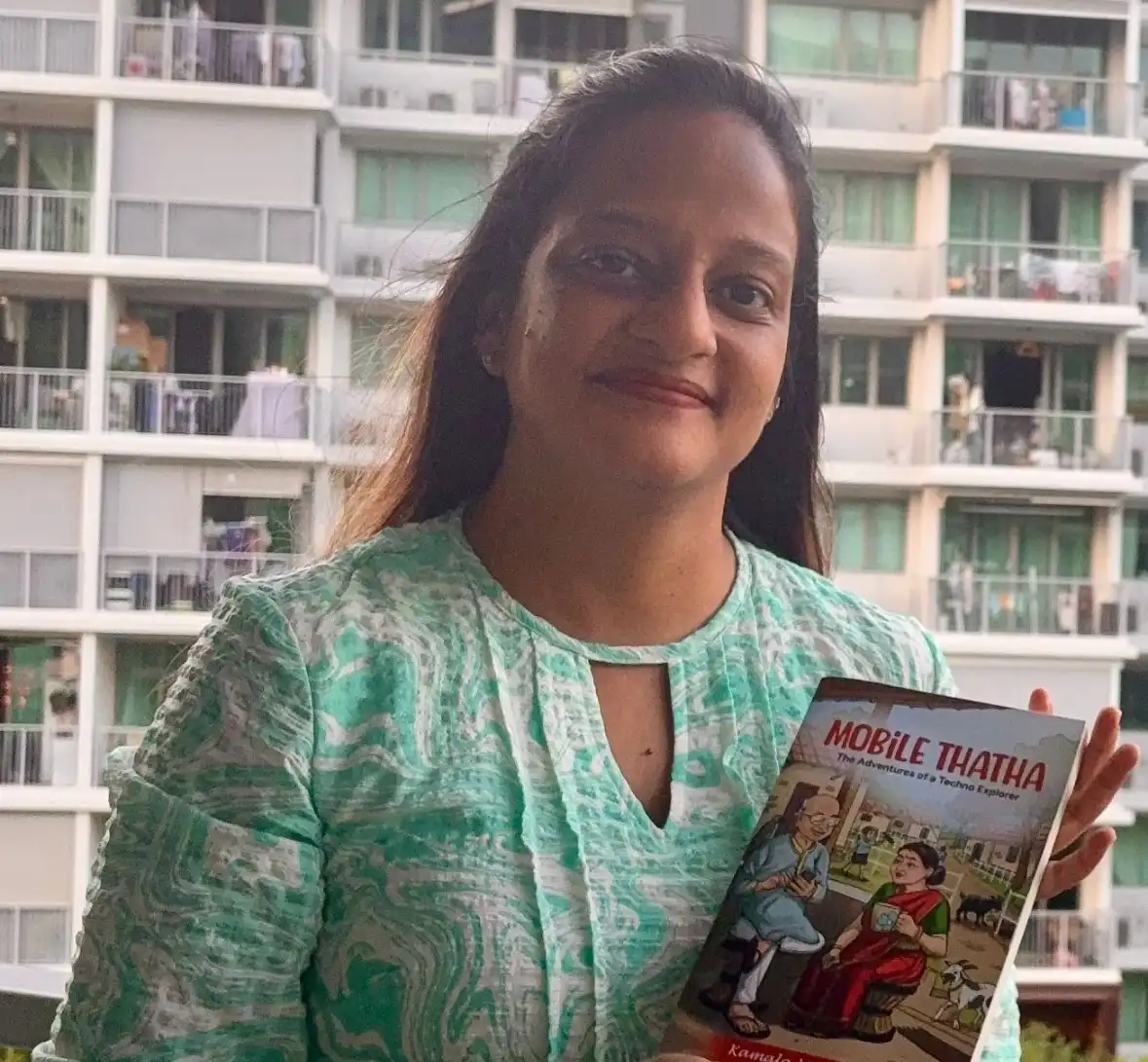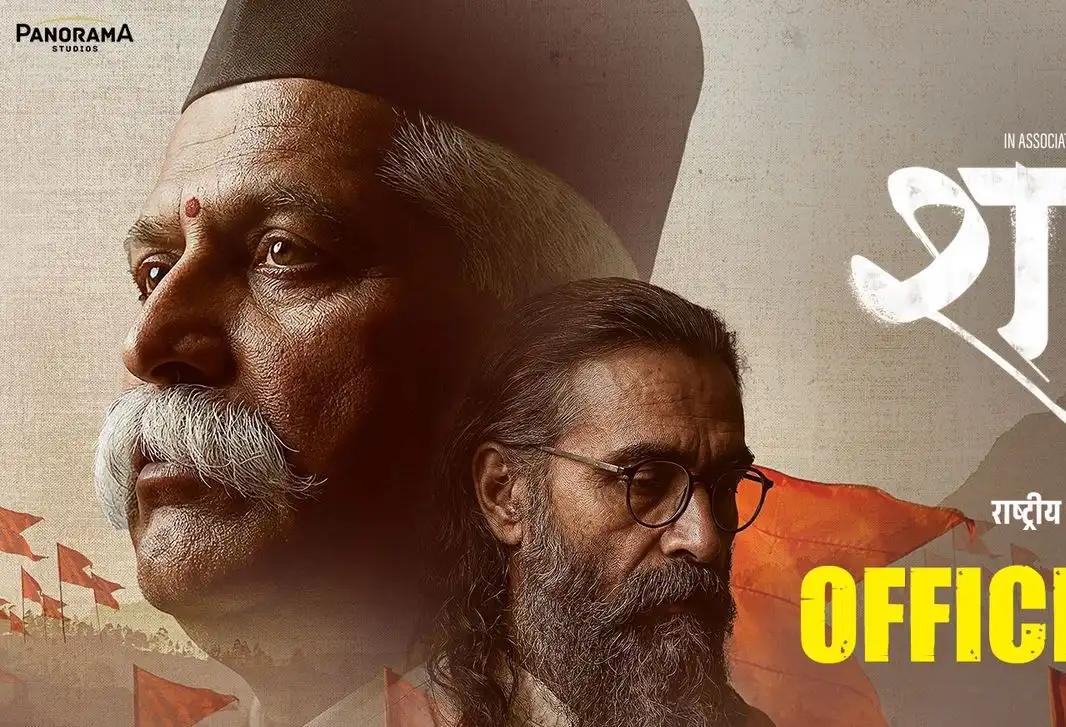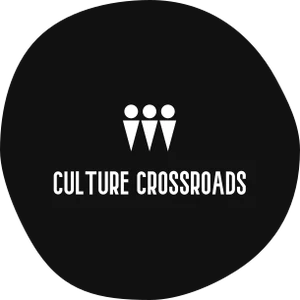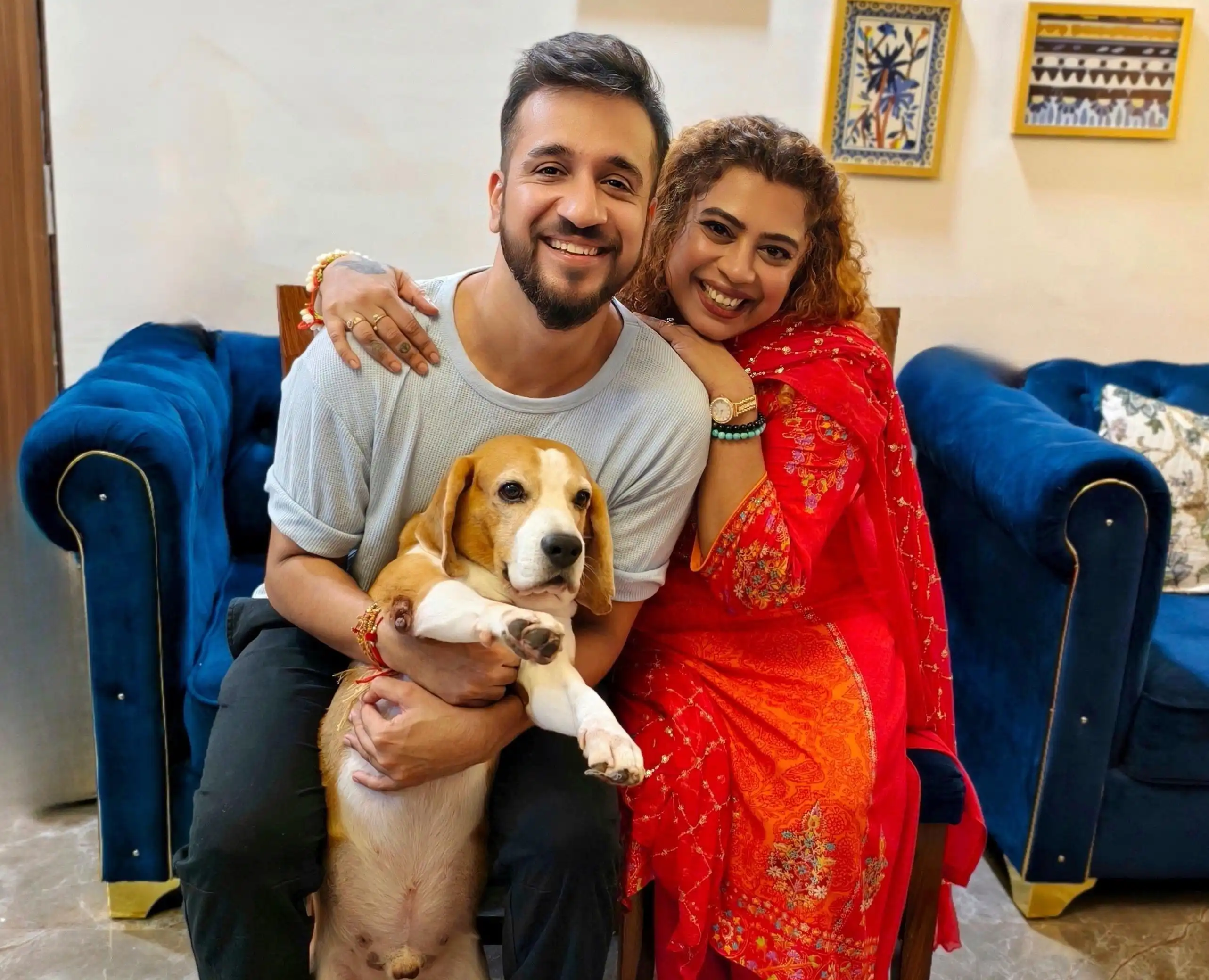Despite a dazzling career in showbiz, actor Somy Ali left it all for a life dedicated to helping people in need. She started her US-based NGO called No More Tears through which she has tirelessly strived to save and rehabilitate victims of domestic violence and rape.
“I’ve always had a desire to help people in need. Even as a seven-year-old, I would hide children begging on the streets in my room. These children had crossed the border from Afghanistan to Pakistan, and I couldn’t understand why they were on the streets while I lived in a 28-bedroom mansion. I told my driver that I wanted to bring these kids home. Despite his warnings that my parents would be angry, I brought four kids into my car, let them play with my toys, and fed them until my father found out and insisted they leave. My father meant well, fearing they might rob us, but this experience planted the seed for No More Tears. I witnessed so much violence throughout my life, given that I was born in Pakistan, moved to the U.S. at nine, then to India at 16, and back to Miami around age 24,” she says.
She adds, “My diverse cultural heritage, including my mother’s Middle Eastern background, has shaped me. My father and grandparents were born in pre-partition India, with interfaith roots in Hinduism and Christianity on different sides of the family. I feel a connection to many cultures and see us all as one. I’ve always believed we all bleed the same, so wars make no sense to me. I am a committed pacifist and follower of Gandhi.”
Talking about her journey, she says, “It’s been fascinating to learn about my family’s stories—my mother’s migration from Iraq to Pakistan and my father’s struggles in pre-partition India. I’m proud of my multicultural background, which is why I can’t understand why, in 2024, we’re still fighting over land and religion.”
Sharing her vision for NMT, she says, “Our initial focus was to rescue women and children affected by domestic violence, like myself. Within a year, however, we began working with the FBI to conduct rescues of women, children, men, and LGBTQ individuals trafficked for labour and sexual exploitation. By August, we had saved 50,000 lives over 17 years, with over 20,000 trafficked to the U.S. under false pretences, often by relatives claiming to take them on vacation. Human trafficking is now the fastest-growing criminal industry globally, surpassing even drug trafficking. Unlike drugs, traffickers can exploit children and others repeatedly, which is beyond despicable.”
Talking about how her NGO works, she says, “I work closely with the National Human Trafficking Hotline, police departments across the US, and send tickets to individuals in danger of honour killings due to their sexual orientation. We’ve helped people from countries like India, Pakistan, Afghanistan, Iran, Iraq, and Saudi Arabia.”
She adds, “I’m a second responder, usually called after the police or FBI to bring the victim to our shelter. I conduct an intake process to assess their needs and determine a plan—whether it’s safe for them to return home or if they need support to build an independent life in the U.S. We help them learn to drive, secure their apartments, and ensure their mental health is monitored. My role focuses on transforming victims into financially independent survivors, which has been the most rewarding experience in my 17 years with NMT.”
As far as ensuring the confidentiality and safety of the victims goes, she says that it is a priority. “We maintain a secure, undisclosed shelter location, frequently change victims’ names, and help them file protection orders to keep abusers at a safe distance. However, not all perpetrators are imprisoned and some remain at large, which adds to the risks,” she says.
There are some challenges that she faces as well. “Funding, victim-blaming, and personal attacks on myself. Victim-blaming and lack of empathy make it challenging to secure donations. Many people don’t understand why a victim can’t “just leave.” Often, they are kept as slaves, threatened with harm to their families, or warned they’ll lose their children. These complex reasons are hard for people to understand unless it affects someone they love. Ironically, I’ve seen animal rescue organizations receive more donations than we do, even though we also rescue pets. Social work is difficult, dangerous, and requires constant appeals for support,” she says.





